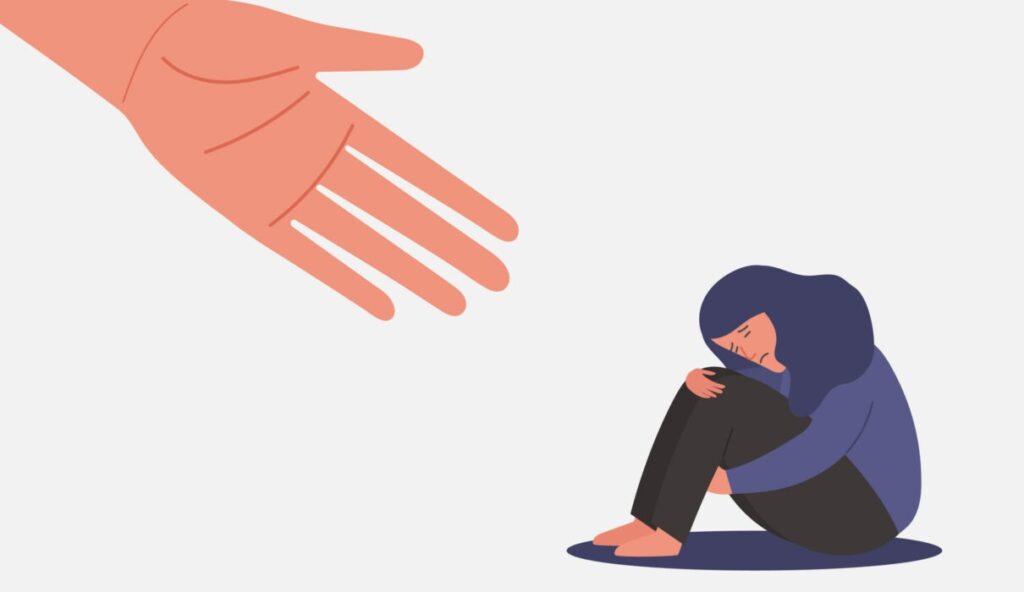When an individual suffers from a mental illness, it affects everyone around them. It can be a challenge for the whole family including parents, siblings, extended relatives and friends. It’s vital for recovery to have support from the team of family and friends around them. A good support system can help minimize the damage and loss of self-dignity that can bombard an individual with a mental disorder. It can literally save one’s life.
The National Alliance on Mental Illness (NAMI) is dedicated to creating better lives for the millions affected by mental illness in America. One easy and effective way to help is by donating a car to NAMI and help them educate and advocate for those with mental illnesses. Your unwanted car can help a person with a mental illness overcome their trials and live a better life.
Ways to Help Someone Who Has a Mental Illness:
- Learn as much as you can about the illness they are facing. Weed out truth from the myths. Learn the steps of recovery or treatment.
- Listen to your loved one. If they don’t believe they have an illness, learn why and listen without trying to debate or change how they feel. Focus on building a dialog and trust.
- Take drastic measures if needed. If your loved one is in acute psychiatric distress, that is feeling suicidal or having psychosis, get them professional help right away. Take them to the hospital. Involuntary commitment can save a life.
- Ask what you can do to help, it’s better than guessing. Dealing with a severe illness inside a family unit can be a huge burden. It’s nice to have someone outside the family to discuss frustrations and pain with. Listen to them or help them obtain a qualified therapist.
- Research support groups for loved ones suffering from mental illness. There are often community mental health teams and local hospitals that offer support groups. Your family physician can suggest a good program as well.
- Take care of yourself. Be careful not to overextend yourself in the support and help that you give.
- Avoid becoming the “savior” or “fixer”. It’s easy to fall into that role. Remember that no matter how much you love and care for a person, you cannot save them.
- Offer compassion, acceptance and objectivity. These are the most valuable virtues you can give.
- Don’t give up. Even if your actions and love appear to have little effect, believe that you are making a difference.
- Keep your expectations realistic. There is no defined recovery process.

Caring for someone who has a mental illness can be challenging. It can leave one feeling helpless and inadequate. Yet your consistent acceptance, love and patience will be more effective than you can realize at the time. You may never know how important your support really was until a long time later. Be kind to yourself, it does get better.

